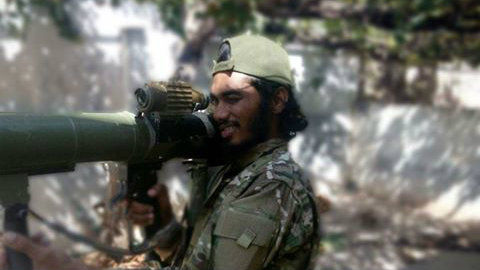Maldives establishes new counter terrorism center
President Abdulla Yameen established Thursday a new body on counter terrorism amidst continuing concern over the steady outflow of Maldivians joining the Syrian civil war.

27 Feb 2016, 09:00
President Abdulla Yameen established Thursday a new body on counter terrorism amidst continuing concern over the steady outflow of Maldivians joining the Syrian civil war.
The president’s office, which previously sought to downplay risks posed by religious extremism, said that the National Counter Terrorism Center was established “in order to combat the growing threat of radicalization and extremism in the Maldives.”
The NCTC will act as the national focal point on all counter-terrorism and anti-terrorism efforts and formulate counter-terrorism and anti-terrorism guidelines and procedures based on the analysis of international benchmarks and best practices, the president’s office said in a statement.
“NCTC is set to gather and analyse intelligence, from all state agencies, on terrorism activities and inform relevant authorities.
Become a member
Get full access to our archive and personalise your experience.
Already a member?
Discussion
No comments yet. Be the first to share your thoughts!
No comments yet. Be the first to join the conversation!
Join the Conversation
Sign in to share your thoughts under an alias and take part in the discussion. Independent journalism thrives on open, respectful debate — your voice matters.




